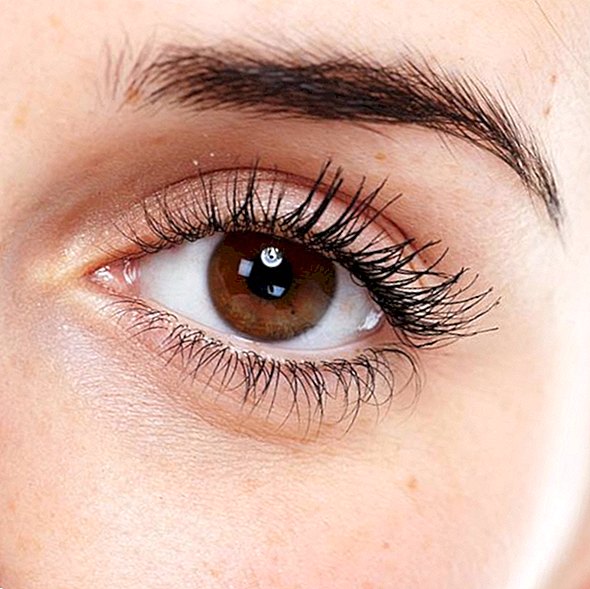Is that correct? Eyes myths in the fact check

"Reading in the dark damages the eyes"
Not correct! It is true that the eyes have to work harder in bad light and thus tire. Our pupils continue to grow and the depth of field gets worse. As a result, the letters blur and, in the worst case, cause headaches. Nevertheless, permanent damage to the eyes can not be medically proven by reading in the dark.
"If you watch TV for too long, you get square eyes"
Not correct! Okay, we could almost have thought that. Of course we do NOT get square eyes if we look too long in the telly. The saying is rather to keep his children from watching TV? and rightly so. Because especially in childhood, the visual system is under construction, the eye must be trained. And we can do that better outdoors, than fixing on a TV point.
"Smoking harms the eyes"
Right! A myth that has its rightness. What many people do not know: smoking not only harms the vital organs, but is also considered to be the most important risk factor for age-related cataracts. In addition, smoking can attack the tear film on the surface of the eye, resulting in dry eyes.
"When squinting, your eyes can stop"
Not correct! What did our parents talk about when they were kids when we started to squint the bet? In fact, there is not a single documented case of anyone stopping their eyes when squinting. It applies instead: who rolls his eyes and moves vigorously, has a particularly good control over them.
"Wear glasses makes your eyes rotten"
Not correct! Even this myth can not withstand closer inspection. The vision does not get worse if we correct our vision defect with glasses. On the contrary, there is evidence that myopia progresses less quickly if the short-sightedness or farsightedness is consistently corrected.
"Carrots are good for the eyes"
Right! Carrots are actually good for the eyes because they contain beta-carotene and thus a precursor of vitamin A, which the retina needs to build up the visual pigments rhodopsin and lodopsin. These in turn are necessary for the perception of light. By the way: How important vitamin A is can be seen by looking at the consequences of vitamin A deficiency. In developing countries, it is still a reason for the blindness of children.










